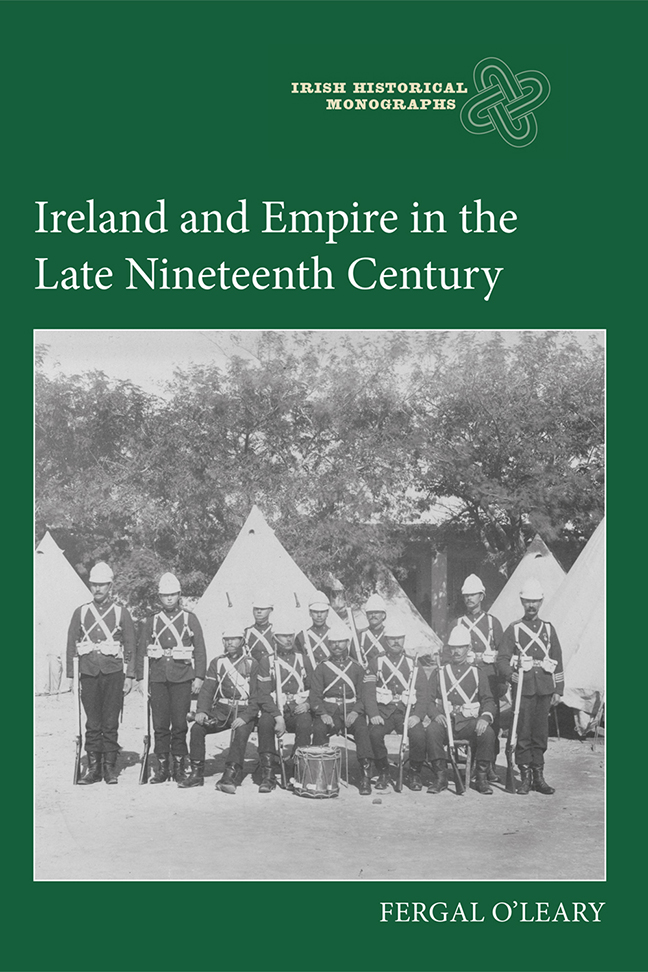5 - Building Empires: Humanitarian and Religious Impulses
Published online by Cambridge University Press: 17 December 2023
Summary
A kind Irish lady donated a case of books, according to a letter in the Tablet newspaper, and an English priest sent another. Both donors had responded to a public appeal made by Father Moreau, the French superior of the Elmina mission in the Gold Coast. Moreau wanted to open a reading room, stocked with good books, magazines, and illustrated newspapers, to benefit the local African youth, and it was envisaged that the facility would also host lectures, recitals, and entertainments. Father Moreau, supported by another priest and a lay Irish brother, were endeavouring to establish a foothold for the Catholic Church in the British colony.
The letter to the editor of the London-based Catholic organ, written by Englishman James Marshall, also mentioned a missionary school in Cork city where Irish students trained as priests to later work alongside French missionaries, such as Father Moreau, on the West Coast of Africa. If this Irish college received the necessary support, Marshall was confident that the missionary results in this part of Africa would be significant. However, he expressed a concern. He feared that countries in West Africa would be ‘completely overrun’ by Protestant missionaries before the Catholic Church had made ‘any real effort to get possession of them’. European imperialists, therefore, were not the only group scrambling to stake out new territories in Africa. Marshall regularly wrote to the Tablet highlighting the work of Catholic missionaries in West Africa. In another letter, he referred to the ecclesiastical contribution of the Irish: ‘It is well known what Ireland has done for the Church, in Ireland and wherever the Irish are forced to wander to.’ For Marshall, these Irish Catholic priests had a stake in the imperial enterprise, labouring in the Gold Coast colony ‘which belongs to England and Ireland also’.
Scholarship has explored the Irish missionary contribution to the history of empire and the dominance of Irish bishops in the Catholic Church across Britain's empire. Edmund M. Hogan, in The Irish Missionary Movement: A Historical Survey 1830–1980, published in 1990, argued that Irish missionary activity among non-Christian peoples was mainly inspired by the continental missionary movement which wanted to ‘bring the light of faith’ to remote parts of the world. Whereas Irish missionaries in the United States, and the main Irish emigrant destinations in the empire, were concerned with sustaining the Christian faith among compatriots at risk of lapsing.
- Type
- Chapter
- Information
- Ireland and Empire in the Late Nineteenth Century , pp. 151 - 167Publisher: Boydell & BrewerPrint publication year: 2023

